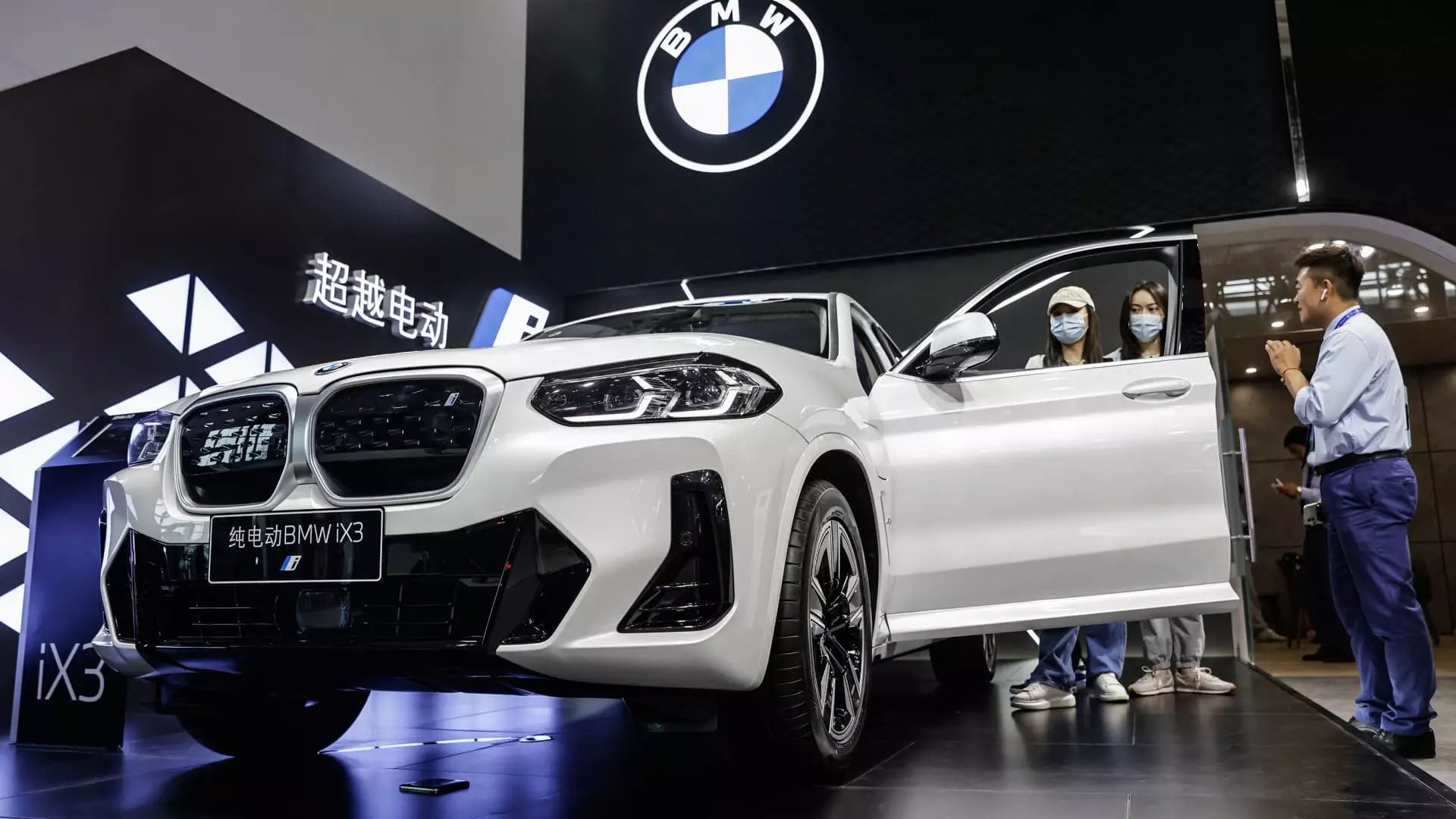BMW’s staggering profit decline in 2024 highlights the perilous state of one of the world’s most vital automotive markets: China. The company recorded a net profit of just 7.68 billion euros for the year—a decrease of nearly 37%. As the Chinese market has long been viewed as a key growth engine for global automakers, BMW’s inability to navigate this landscape signals not only a failure to adjust its strategy but also a broader distress within the industry. This is a wake-up call; globalization can no longer be taken for granted.
Economic Headwinds and Tariff Troubles
As BMW looks ahead, it anticipates an earnings margin of 5% to 7% for 2025, a drop from last year’s 6.3%. The roots of this decline stretch deep into the tangled web of international tariffs and trade politics. With the aggressive implementation of tariffs on U.S. steel and aluminum, as well as levies on imports from China, Canada, and Mexico, the economic environment appears increasingly volatile. BMW’s CFO stresses these tariffs are likely to erode margins further, revealing that the company’s financial performance risks becoming a casualty of misguided geopolitical strategies. In this sense, tariffs not only represent hurdles but also suggest a significant ideological disruption in global commerce.
Battered by Operational Challenges
In addition to external pressures, BMW faced operational issues that added salt to its wounds. The company reported a decrease in vehicle deliveries, totaling approximately 2.45 million units—down from 2.55 million in 2023. A faulty braking system supplied by Continental was a critical factor behind the production hiccup, necessitating delivery stops that compounded the company’s decline. This operational failure illuminates gaps in BMW’s quality control and inventory management processes and begs the question: if a premium automaker like BMW cannot maintain consistency in its product offerings, how can it foster consumer trust?
A Call for a Modern Trade Approach
BMW CEO Oliver Zipse’s remarks regarding the ineffectiveness of tariffs in an interconnected global economy are particularly insightful. He argues that tariffs were relevant in a less connected world but are becoming increasingly detrimental in our current landscape. This perspective challenges conventional thinking within economic policy circles, where protectionism has found avid supporters. Zipse’s insights compel us to reconsider our approaches to trade; if we cling to outdated models in the name of competitiveness, we risk stifling innovation and growth.
A Necessary Shift in Strategy
As these challenges mount, BMW must recalibrate its approach—not only to bolster its profit margins but also to restore its competitive edge in an evolving landscape. Fostering a culture of innovation could provide pathways toward sustainability, while a renewed focus on collaborative market strategies may mitigate the adverse impacts of tariffs. The automotive industry must recognize that our modern economy thrives on interconnectedness, and leveraging this reality can unlock new opportunities for growth.
While the current circumstances are bleak for BMW, they also present a unique chance for introspection and redirection. Embracing adaptive strategies rooted in cooperation could be the key not only to surviving but thriving in this turbulent era.

